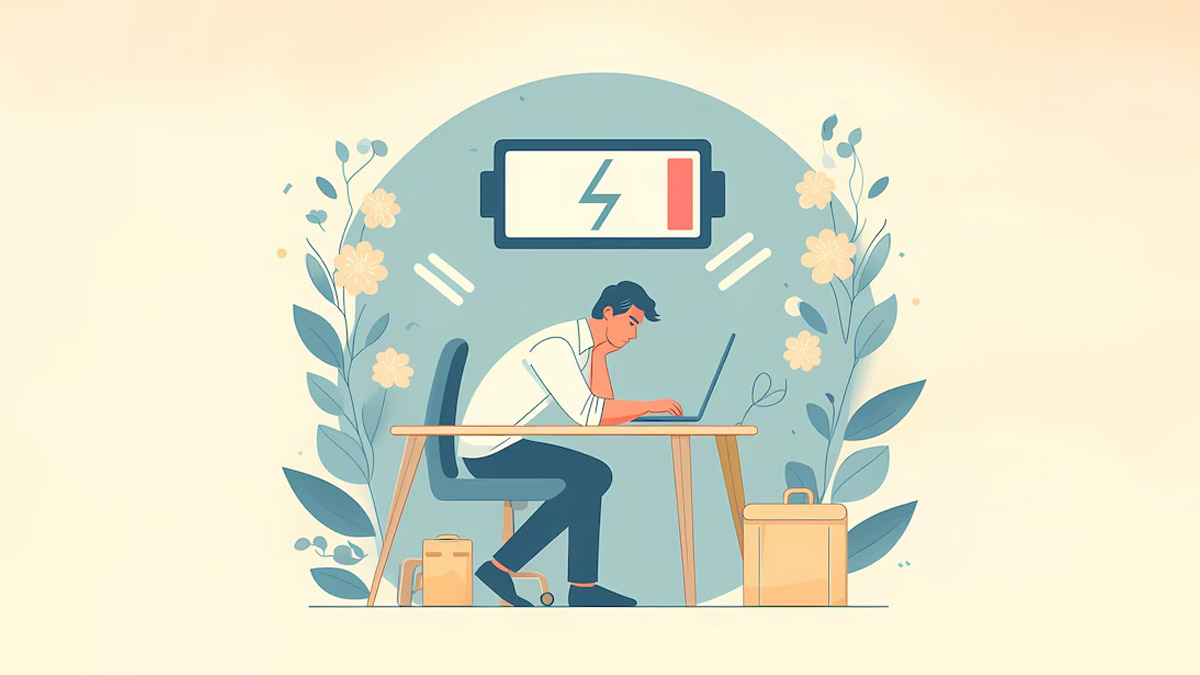
Do you often feel sleepy post-lunch? Or end up drinking coffee in the evening just so you can feel more energetic and complete your work day? These are signs of post-meal energy crashes that are very common. “A meal that is high in carbohydrates causes blood sugar to increase rapidly due to breaking down of carbs into glucose. This triggers spikes in insulin to manage the excess glucose, often leading to swift drop in blood sugar. The result is an energy crash, leaving you feeling tired and sluggish” says Miten Kakaiya, fitness and wellness coach at Miten Says Fitness.
Table of Content:-
But what if instead of drinking coffee, there was a healthier way to balance your energy levels and keep these energy crashes at bay? Let us understand potential ways to dodge these post-meal energy crashes.
Post-Prandial Walks
“Taking a short walk after a meal is the most effective and effortless way to handle post-meal energy crashes. Just walk for 10-15 minutes after every meal to retain your energy levels,” says Miten. “It is a simple and powerful habit that aids your digestive system and helps manage glucose spikes more effectively while adding to your daily step counts. And you don’t feel sleepy post the walk” he adds.
View this post on Instagram
Many of us reach out for coffee post lunch to combat the energy slumps, but these walks can help reduce that need too. “Avoiding coffee post 3pm can help you enjoy better sleep at night too” says Miten. Moreover, a short walk post-lunch in your work routine can help clear your mind, and give you a mental refresh. “Think of it as a mini reset button for your body and mind,” adds Miten.
Also Read: Here’s Why You Feel Tired After Eating Bread

Order of consumption of food in a meal
It's not just what you eat but how you eat it that can affect your energy levels. “The order in which you eat your meals is a crucial factor in preventing energy crashes and maintaining blood sugar levels,” says Miten. Here is the sequence that can help.
- Start with a salad – The first part of your meal should be a salad. The fibre in the vegetables helps slow down the absorption of sugars and carbs that can come later in the meal.
- Proteins – After the salad, eat your proteins. Protein makes you feel fuller faster and stabilises your blood sugar levels too. This can help prevent overeating and keep your energy levels steady.
- Finish with carbs – By the time you start eating carbs, your body starts absorbing the nutrients from salad and proteins, which reduces the glycemic load of carbs and helps prevent any sharp rise in blood sugar levels.
“Even if you are eating a high-carb diet, eating salad and protein in the beginning can reduce the energy crashes that come post meals,” says Miten.
Also Read: Refreshing Salad Recipes To Kick-Start Healthy Eating
Simple habits can transform our health in innumerable ways. These easy-to-follow techniques can help you enjoy your meals while avoiding post-meal crashes. Besides, these would also ensure maximum nutrition and minimum health crisis. Ultimately, the goal is to create habits that support sustained energy and good health. So give these tips a try and enjoy the benefits of healthy living.
Also watch this video
Read Next
Never Pair These Foods With Tea
How we keep this article up to date:
We work with experts and keep a close eye on the latest in health and wellness. Whenever there is a new research or helpful information, we update our articles with accurate and useful advice.
Current Version